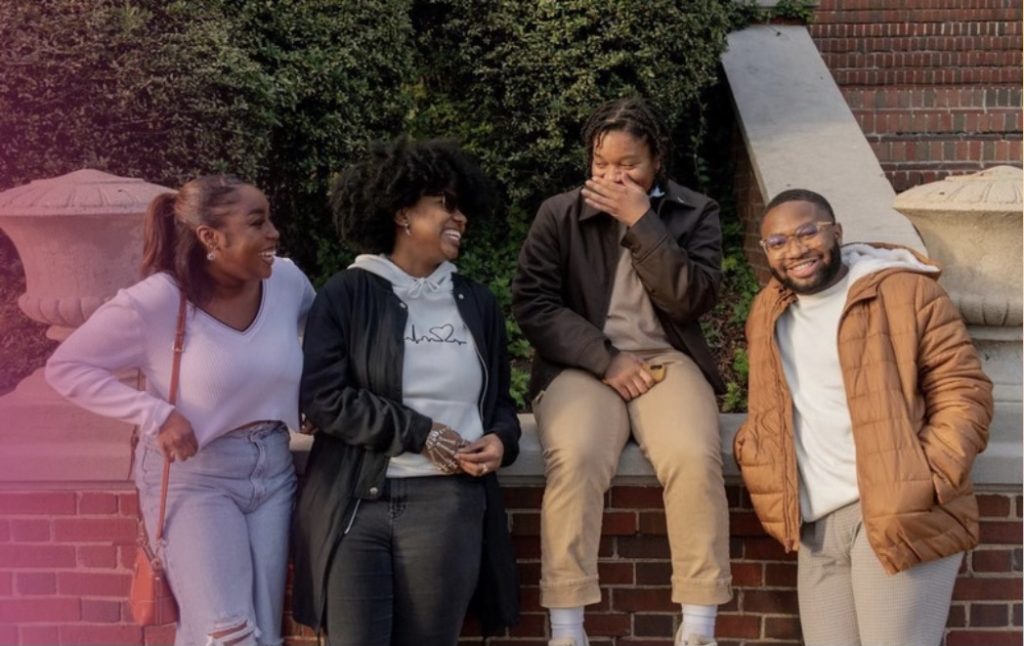
As of Sept 11., the Center for Disease Control and Prevention (CDC) reported that Black people made up 47% of monkeypox cases in the U.S. When institutions ignore Black queer people’s mere existence, especially during times of crises that disproportionately affect them, their only resort is community.
“I don’t take community lightly,” said Laten Jordan, president of CASCADE, Howard University’s official LGBTQ+ student organization.
Though Howard was the opposite of Jordan’s predominately white, private, Catholic high school, the student leader didn’t immediately feel a sense of community when he came to campus freshman year. Now a senior, Jordan says that he faced “a lot of discrimination [and] adversity” his first year on campus.
This seems to be a common sentiment amongst queer students at Howard University. Angel Bryant, a junior International Affairs major, who identifies as aromantic and asexual, confessed that she’s “pretty much the only [asexual] in the room.”
Jordan and Bryant are just two of many queer students on HBCU campuses right now, that experienced a disconnect from their school communities during the COVID-19 pandemic. Now, as students begin to feel more comfortable being maskless on campus, another public health emergency is emerging.
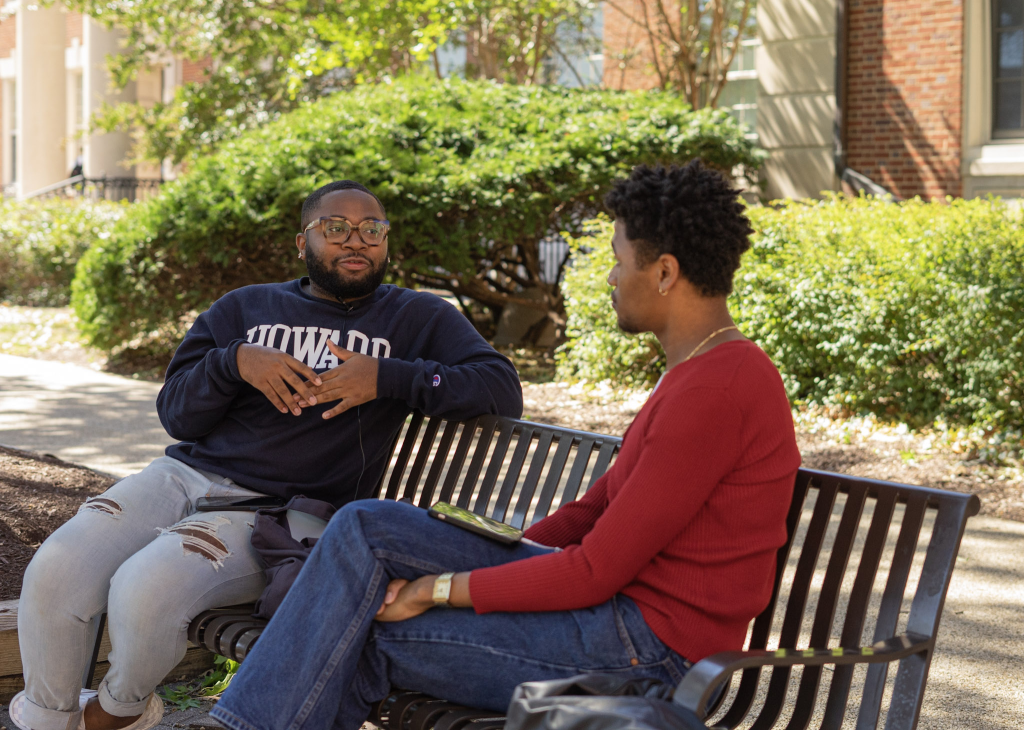
Since the first monkeypox case in the United States was identified in May, the disease–which is spread by close, skin-to-skin contact- has surpassed over 24,800 confirmed cases in the U.S. alone. According to the World Health Organization, 97.4% of monkeypox cases, globally, are male; and almost 91% of cases with a reported sexual orientation were identified as men who have sex with other men.
Black men, in particular, are being disproportionately affected by the spread of monkeypox. Dc Health data shows, although cases amongst Black and white populations are almost the same, only 20.2% of the 34,699 vaccines administered have gone to Black people. White DC residents have received over half of the districts administered vaccines at 54.5%.
Not only are LGBTQ+ Black people not fully receiving the help that they need, but they also find themselves on the receiving end of a stigma associated with how diseases like monkeypox are spread.
While detailing a conversation she had amongst her mostly queer friend group Bryant relayed her friend’s experience in their attempt to receive the vaccine.
“We were talking about how you have to put your whole business on the line just to get the vaccine,” said Bryant. “What you do, who you do it with, [and] how much you do it is basically your basis just to get the vaccine. As a queer person, you have to almost be braggadocious about your sexuality just to receive basic healthcare [when] we don’t really feel safe disclosing that information.”
During the HIV/Aids crisis in the 1980s and 1990s, Black LGBTQ+ people found ways to cope, grieve, and create amongst each other while battling an epidemic fueled by injustices.
“Whether a big crisis or just a change in our lives, we depend on community,” said Joseph Tolbert Jr., writer, founder, and cultural strategist for Art at the Intersections–a creative consultancy, arts and culture incubator that promotes cultural equity.
Tolbert emphasized what our interconnectedness as Black people can do for community building. “It’s time for us to be on one accord and be in community with each other…If we start moving and acting like that, we’ll render, in my opinion, these systems irrelevant.”
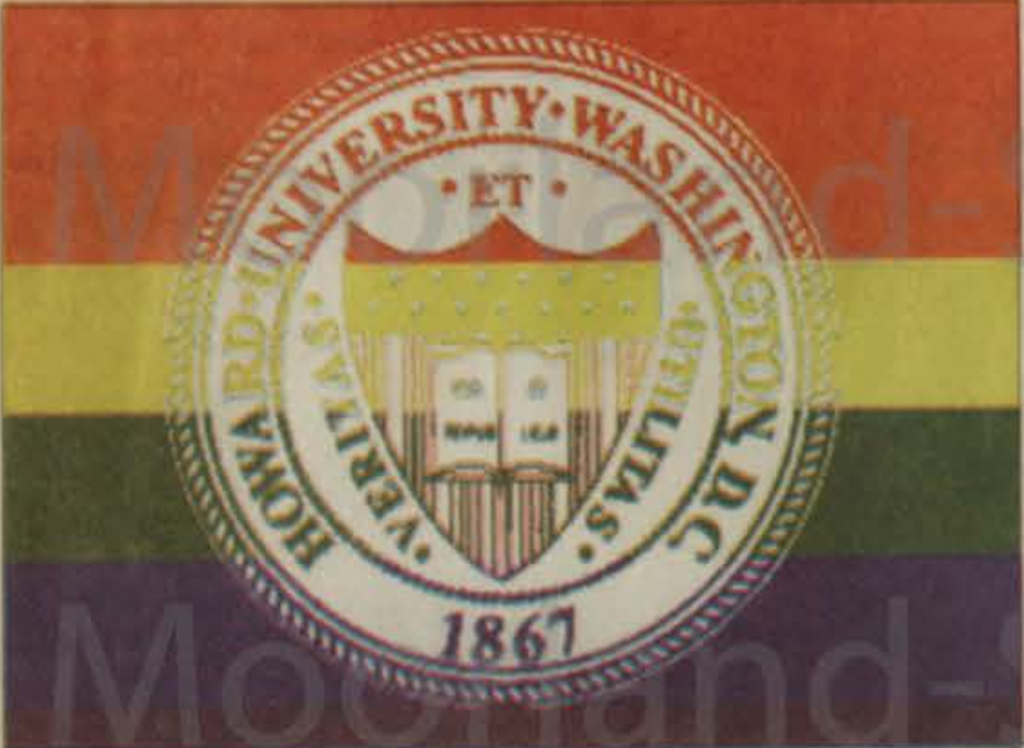
Jordan also wishes more people understood the impact solidarity can have. Last year, CASCADE, the oldest and largest LGBTQ+ organization on an HBCU campus, was able to raise a pride flag for the first time in Howard’s entire history. “That’s why [allyship] is so important because we couldn’t do that alone. We’ve been trying for six years to get it done.”
“I want to make sure every student feels like Howard is a safe space because that’s what Howard is meant to be. That’s why we all come here,” Jordan added.
As his time on campus wraps up, Jordan does feel that Howard University has made strides to better represent its queer students. In reference to a conference, he attended over the summer where over 50 HBCUs were represented and 300 students were in attendance, Howard was only one of two or three schools that had organizations directly representing LGBTQ+ students.
“Queer, LGBTQ+ visibility is very prevalent on this campus,” said Pheonix Smith, a junior Sociology major who identifies as a queer, cis-gender woman. Smith is also the founder of A Firebird Production, a collaborative organization that creates festive and cultural spaces for Black people in the Howard and wider DC community.
In reference to the importance of community to her art and curation work, Phoenix said: “My momma tells me, “Everywhere you go is where you are.”
Black queer students shouldn’t have to erase their identity to feel accepted on this campus. To get through any battle, true community requires respect. Respect acknowledges humanity. When asked what togetherness, regardless of sexual identity does for community, Jordan responded, “It saves community. It makes it stronger.”

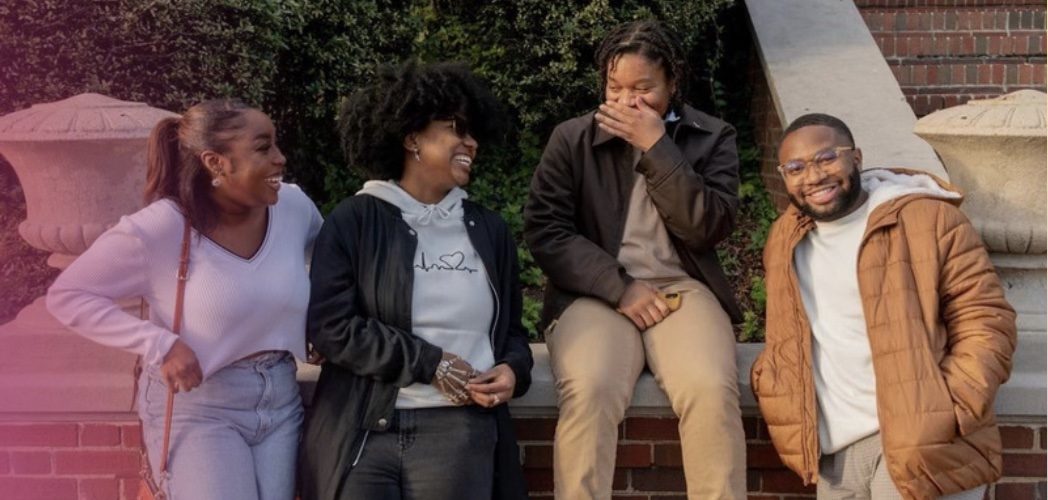





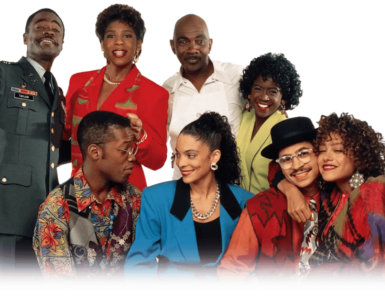
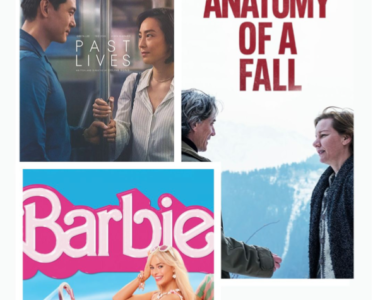
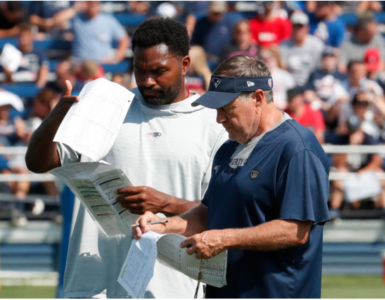
Recent Comments